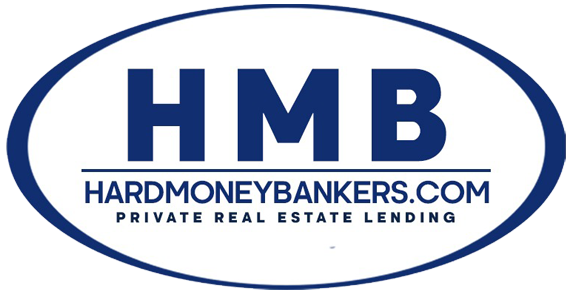A hard money loan is a collateral based loan against a hard asset – typically real estate – and is often referred to as private mortgage or private mortgage note. Unlike typical mortgage loans, hard money loans are provided by private sources (individuals and small lenders rather than large government or Wall Street backed sources). Hard money loans are often used if a person is having a difficult time getting approved for a conventional loan. The approval process for a hard money loan is usually much more streamlined than with a conventional loan because hard money lenders don’t have to follow strict institutional lending guidelines, and because they look mainly to the collateral as security for repayment rather than the borrower alone.
Hard money loans can be used for both commercial and residential properties and, since private lenders use their own money, they are able to create their own flexible lending terms that will meet both their and the borrower’s needs. Another advantage of hard money loans is that they are typically closed very quickly and with little documentation. Of course, since these loans are usually “outside of the box” and higher risk, the interest rates for hard money loans are usually higher then with a conventional loan.
If you are having difficulty obtaining conventional financing, or simply need a loan closed fast with creative and flexible terms, consider hard money.

